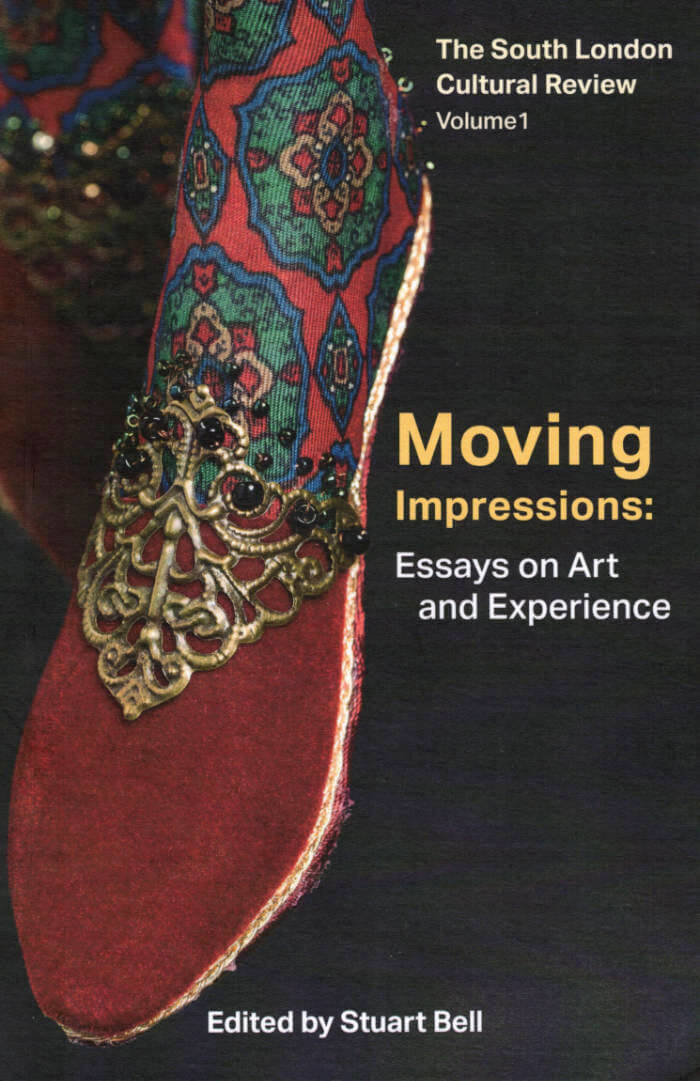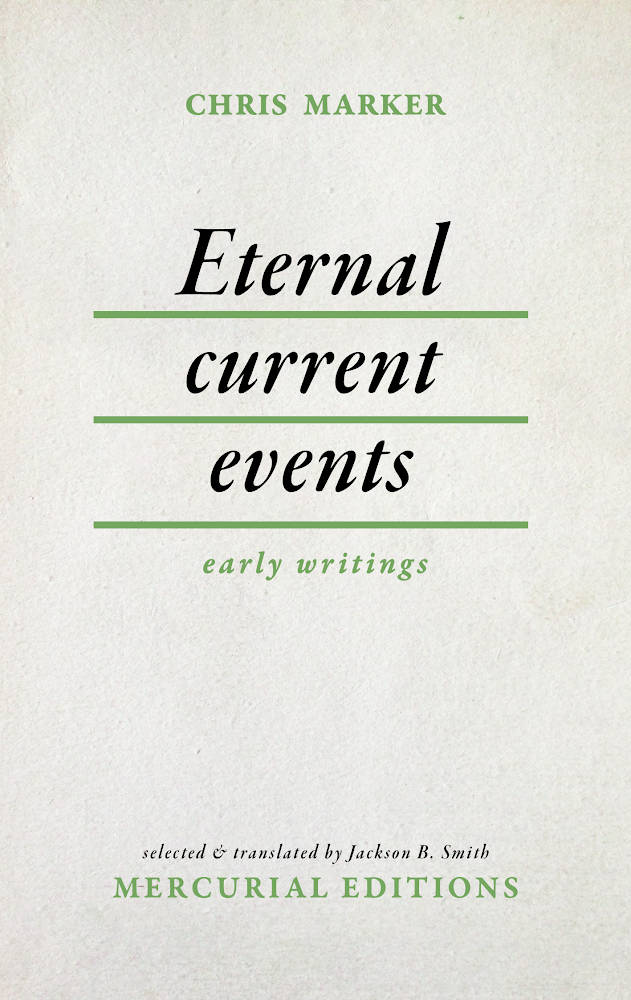
The South London Cultural Review #1: Moving Impressions
Stuart Bell ed.
A collection of 12 essays written by academics, writers and thinkers, Moving Impressions: Essays on Art and Experience celebrates the artistic and cultural works which have inspired, and continue to inspire, this volume’s contributors as scholars, teachers, and writers. The chapters celebrate the ‘moving’ power - personal and political - of works which engage with questions of identity, race, self-and-other relations, and sexuality.
These highly personal chapters span a multitude of artists, particularly writers of colour, through exploration of their applications to neurodiversity, POC and LBGTQ+ communities, and feminism. Works explored are diverse in origin and heritage, spanning personal and political culture from South Africa to Trinidad, India to France, Nepal to The United Kingdom. These include autobiography, novels, short stories, plays, painting, sculpture, and film.
Essays by Rowland Abiodun, Stuart Bell, Amrita Dhar, Natalya Din-Kariuki, Oscar Guardiola-Rivera, Madhu Krishnan, Isabelle McNeill, Maryam Mirza, Adam Roberts, Laura Seymour, Kirsten Tambling, Emma Wilson.
Language: English







